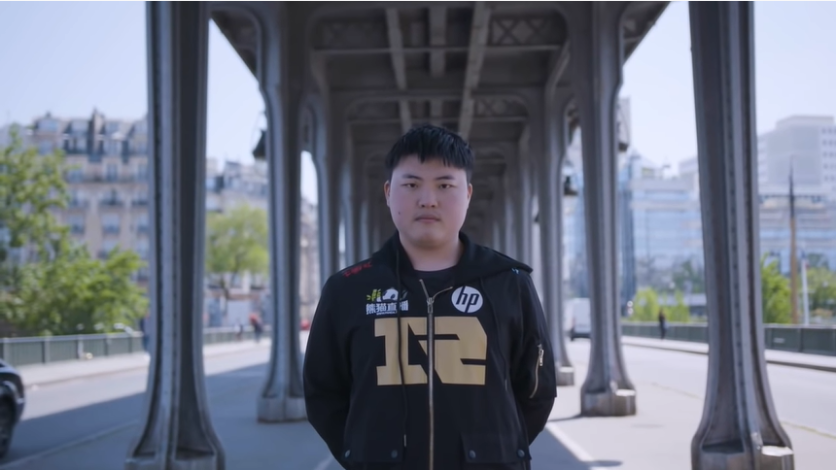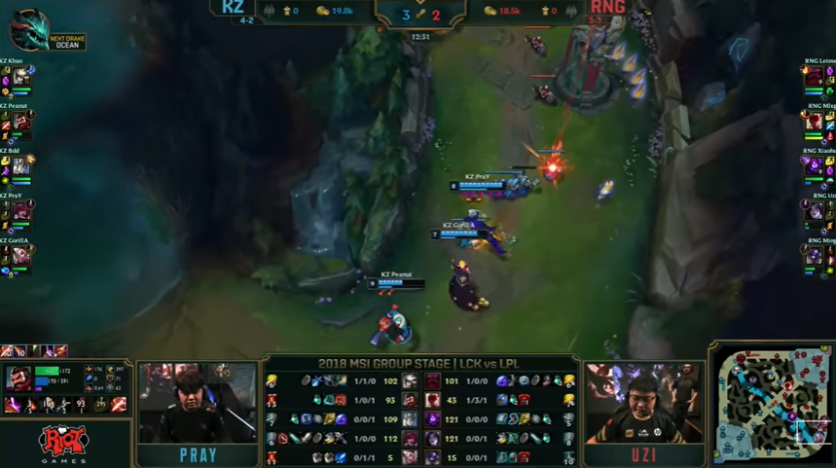League of Legends (LOL) iconic player Jian 'Uzi' Zihao, 23, recently announced his retirement from competing and playing the famous multiplayer online battle arena video game. This was after Uzi said that he was diagnosed with type-2 diabetes due to gaming addiction.
LOL Legend 'Uzi' no longer enters game citing several health problems

BBC reported this week that famous LOL player 'Uzi' announced retirement at age 23 citing several ill-health problems for the last months. Uzi has type-2 diabetes due to staying up late at night and eating unhealthy food in between his games.
"As a result of staying up late for years, a fatty diet and being under insurmountable stress, last year I found out that I was type-2 diabetic," said Uzi on Weibo. "My mental state is not as good as it was before. The doctor has told me that if I continue there could be serious complications. Thank you to my fans for your support and companionship all these years."
His 5 million Weibo followers wish him well on social media. They also advise other players to look after themselves more than the game. Another user even used the phrase: "The legend retires, by the myth will live on" to give tribute to Uzi.
He started in 2012 and won his first international title at the 2018 Mid-Season Invitational with his team Royal Never Give Up. He is referred to as the second best LOL player in the world, coming right after Lee 'Faker' Sang-hyeok of South Korea.
Is 'gaming addiction' real?

Many of the rumors that were spreading regarding the health of Uzi all lead to his gaming addiction with LOL. But, is gaming addiction real?
The Telegraph reported that gaming addiction and gaming disorders are real and can happen to anyone, especially in today's quarantine period. "There will be more demand and less treatment available: we are almost facing a perfect storm," said Graham Beech, chief executive of Action on Addiction, an organization giving gaming disorder services.
Jonathan Jones, a recovered video game addict, believes that quarantine lockdown plays a perfect factor in several cases of gaming addiction in the country.
"The lockdown reminded me of how it used to be," says Jones, who recuperated at the reStart internet addiction clinic in Washington State. "[When I was addicted] I wouldn't have cared about quarantine: it would have been a good thing because I would have sat at home and played games all the time. So, if you are really trying to quit now, it will be difficult."
![Apple Watch Series 10 [GPS 42mm]](https://d.techtimes.com/en/full/453899/apple-watch-series-10-gps-42mm.jpg?w=184&h=103&f=9fb3c2ea2db928c663d1d2eadbcb3e52)



